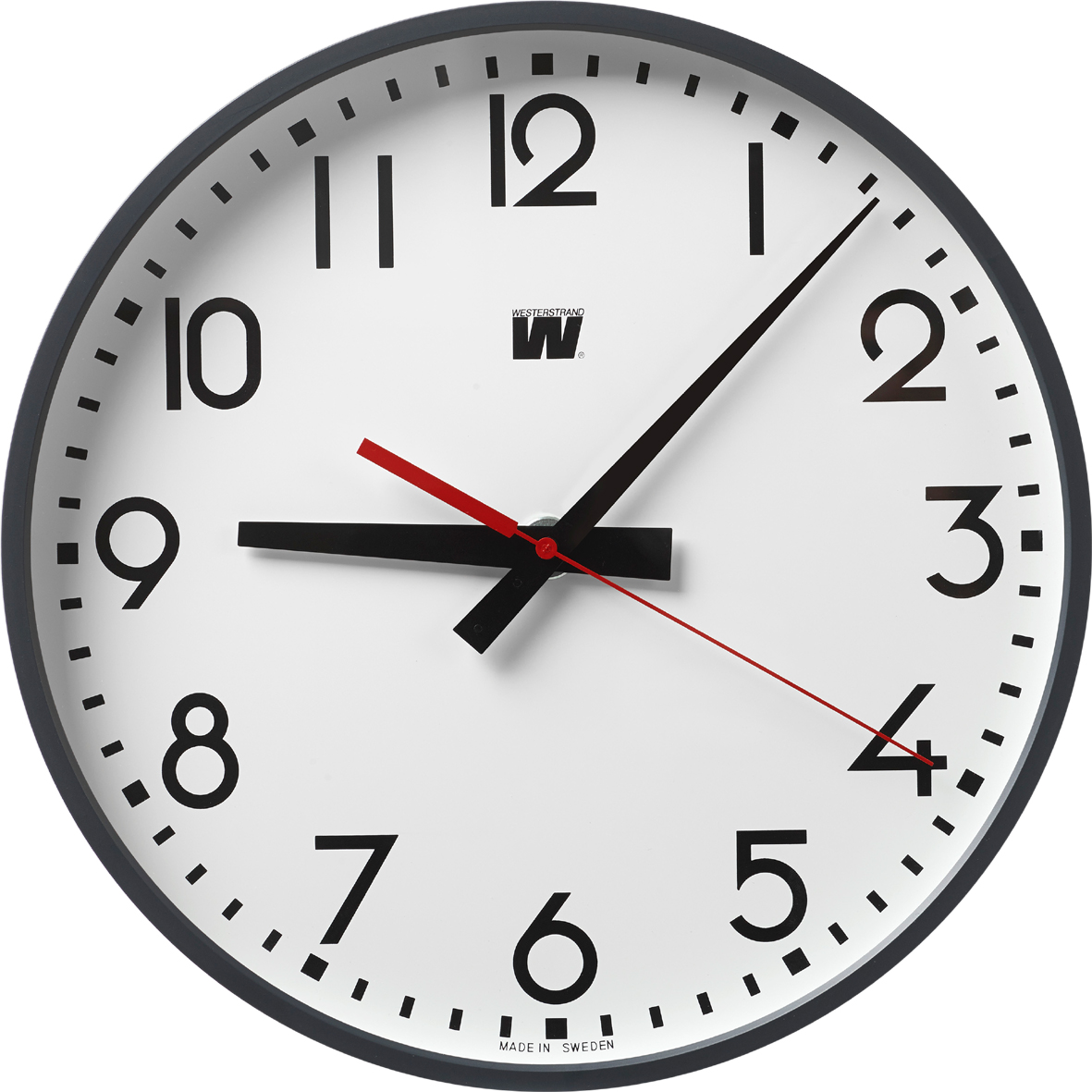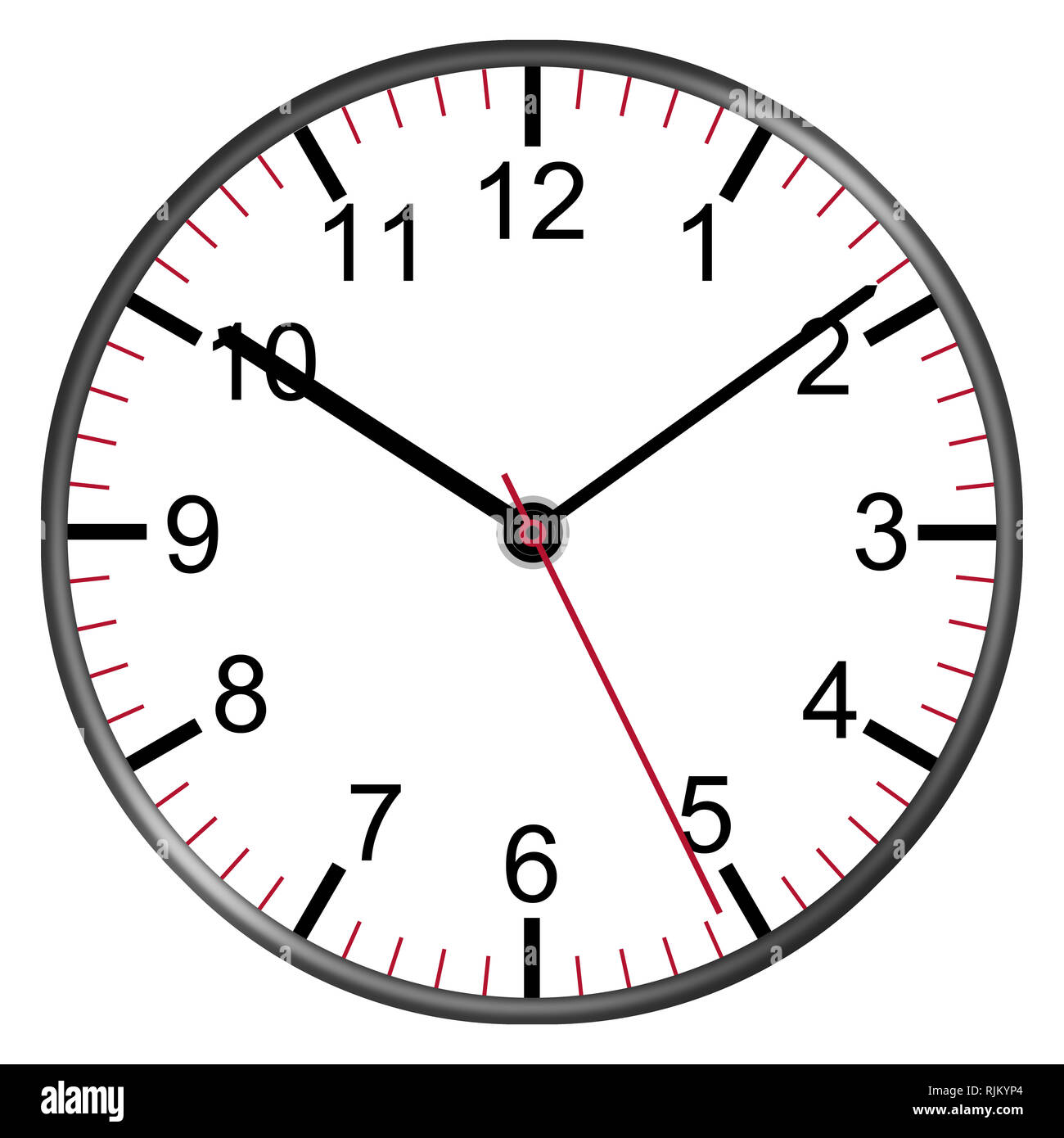Ever wondered why some clocks show seconds while others don’t? Well, here’s the deal. Clocks with seconds are more than just fancy gadgets; they’re precision instruments that help us track time down to the smallest detail. Whether you’re timing a race or just trying to stay on schedule, having a clock that displays seconds can make all the difference. So, buckle up, because we’re diving deep into the world of clocks with seconds and uncovering everything you need to know.
In today's fast-paced world, every second counts. Literally. From digital alarms to analog wall clocks, the inclusion of seconds hands or digital displays has revolutionized how we perceive time. But why stop at minutes when you can go all the way to seconds? That’s where clocks with seconds come in, offering a level of accuracy that’s hard to beat.
This article isn’t just about clocks, though. It’s about understanding how these timepieces work, why they matter, and how you can choose the right one for your needs. So whether you’re a timekeeping enthusiast or just someone who wants to know what’s ticking, this guide’s got you covered. Let’s get started!
Read also:Emily Roeske The Rising Star Shaping The Future Of Entertainment
Here’s a quick overview of what we’ll cover:
- What Are Clocks With Seconds?
- A Brief History of Clocks With Seconds
- Types of Clocks With Seconds
- Benefits of Using Clocks With Seconds
- Key Features to Look For
- Maintaining Your Clock
- The Technology Behind Seconds Displays
- How to Choose the Best Clock With Seconds
- Common FAQs About Clocks With Seconds
- Final Thoughts
What Are Clocks With Seconds?
Alright, let’s break it down. Clocks with seconds are timekeeping devices that display time not just in hours and minutes but also in seconds. Think of them as the ultimate multitaskers in the world of timepieces. These clocks come in various forms—digital, analog, wall-mounted, or even pocket-sized. But what makes them special is their ability to show every tick-tock down to the last second.
Now, you might be thinking, "Why do I need a clock that shows seconds?" Well, it’s all about precision. Whether you’re timing a workout, conducting a science experiment, or just trying to nail that perfect minute for your morning coffee, having a clock that displays seconds can be a game-changer.
Why Seconds Matter
Here’s the thing about seconds: they’re the smallest unit of time we use in everyday life. And sometimes, that extra level of detail can make a huge difference. Imagine running a marathon without knowing your exact pace or cooking a recipe without timing it perfectly. Seconds matter, and clocks with seconds help you keep track of them.
A Brief History of Clocks With Seconds
Believe it or not, clocks with seconds have been around for centuries. The concept of tracking time down to the second dates back to the 17th century when pendulum clocks were first introduced. These early timepieces revolutionized how we measured time, making it possible to track even the smallest increments.
Fast forward to today, and we’ve got everything from sleek digital displays to ornate grandfather clocks with second hands. But how did we get here? Let’s take a quick trip down memory lane:
Read also:Unveiling Adelaide Kane The Rising Star Whos Captivating Audiences Worldwide
- 1656: Christiaan Huygens invents the first pendulum clock, capable of measuring seconds.
- 18th Century: Pocket watches with second hands become popular among the wealthy.
- 20th Century: Quartz technology brings affordable and accurate timekeeping to the masses.
- Today: Smart clocks and digital displays dominate the market, offering unparalleled precision.
The Evolution of Seconds Displays
From mechanical gears to atomic clocks, the technology behind seconds displays has come a long way. Today’s clocks with seconds are more accurate than ever, thanks to advancements in quartz and atomic timekeeping. But no matter how far we’ve come, the basic idea remains the same: tracking time down to the smallest detail.
Types of Clocks With Seconds
Not all clocks with seconds are created equal. Depending on your needs, you might prefer one type over another. Here’s a quick rundown of the most popular options:
Analog Clocks
Analog clocks with seconds are the classic choice for those who appreciate style and tradition. These clocks usually feature a sweeping second hand that moves smoothly across the face. They’re perfect for home decor or office spaces where aesthetics matter.
Digital Clocks
On the other hand, digital clocks with seconds offer a more modern and functional approach. These timepieces display time in a clear, easy-to-read format, often including additional features like alarms and timers. If you’re all about practicality, a digital clock might be the way to go.
Smart Clocks
Enter the age of smart clocks. These high-tech devices not only display seconds but also connect to your smartphone, play music, and even control your smart home. If you’re looking for a clock that does it all, a smart clock with seconds could be your best bet.
Benefits of Using Clocks With Seconds
So, why should you care about clocks with seconds? Here are just a few reasons:
- Precision: Whether you’re timing a race or cooking a recipe, having a clock that shows seconds can make all the difference.
- Productivity: Knowing exactly how much time has passed can help you stay on track and manage your schedule more effectively.
- Convenience: Many clocks with seconds come with additional features like alarms, timers, and even weather updates.
But the benefits don’t stop there. Clocks with seconds can also add a touch of elegance to your home or office, making them both functional and stylish.
Key Features to Look For
When shopping for a clock with seconds, there are a few key features to keep in mind:
- Display Type: Do you prefer analog or digital? Each has its own advantages.
- Accuracy: Look for clocks that use quartz or atomic technology for the best precision.
- Additional Features: Consider extras like alarms, timers, and smart connectivity.
By focusing on these features, you can find a clock that meets your needs and fits your lifestyle.
Maintaining Your Clock
Just like any other device, clocks with seconds require a little TLC to keep running smoothly. Here are a few tips for maintaining your timepiece:
- Regular Cleaning: Dust and dirt can affect the accuracy of your clock, so wipe it down regularly.
- Battery Replacement: If your clock runs on batteries, make sure to replace them as needed.
- Professional Servicing: For mechanical clocks, consider having them serviced by a professional every few years.
By taking good care of your clock, you can ensure it keeps ticking for years to come.
The Technology Behind Seconds Displays
Ever wondered how clocks with seconds actually work? It all comes down to the technology inside. Modern clocks use either quartz or atomic technology to keep time. Quartz clocks rely on the vibrations of a quartz crystal, while atomic clocks sync with radio signals from atomic clocks around the world. Both methods offer incredible accuracy, making them perfect for tracking seconds.
Quartz vs. Atomic: Which is Better?
It depends on your needs. Quartz clocks are more affordable and widely available, while atomic clocks offer unmatched precision. If you’re looking for the most accurate timekeeping possible, an atomic clock with seconds might be the way to go.
How to Choose the Best Clock With Seconds
With so many options on the market, choosing the right clock with seconds can be overwhelming. Here’s a quick guide to help you make the best decision:
- Define Your Needs: Are you looking for a clock for your home, office, or travel? Different clocks serve different purposes.
- Set a Budget: Clocks with seconds can range from budget-friendly to luxury items. Decide how much you’re willing to spend.
- Read Reviews: Look for customer feedback and expert reviews to get a sense of a clock’s performance and reliability.
By following these steps, you can find a clock that meets your needs and fits your budget.
Common FAQs About Clocks With Seconds
Still have questions? Here are some of the most common ones we hear:
Q: Are clocks with seconds more accurate than regular clocks?
A: Yes, clocks with seconds offer a higher level of precision by tracking time down to the smallest unit.
Q: Can I use a clock with seconds for scientific experiments?
A: Absolutely! Many scientists and researchers rely on clocks with seconds for accurate timekeeping.
Q: How often should I replace the batteries in my clock?
A: It depends on the clock, but most batteries last anywhere from 6 months to a year. Check your manual for specific recommendations.
Final Thoughts
There you have it—everything you need to know about clocks with seconds. From their rich history to the latest technology, these timepieces offer a level of precision that’s hard to beat. Whether you’re timing a race or just trying to stay on schedule, having a clock that displays seconds can make all the difference.
So what are you waiting for? Start exploring your options and find the perfect clock with seconds for your needs. And don’t forget to share this article with your friends and family—they might just learn something new, too!


